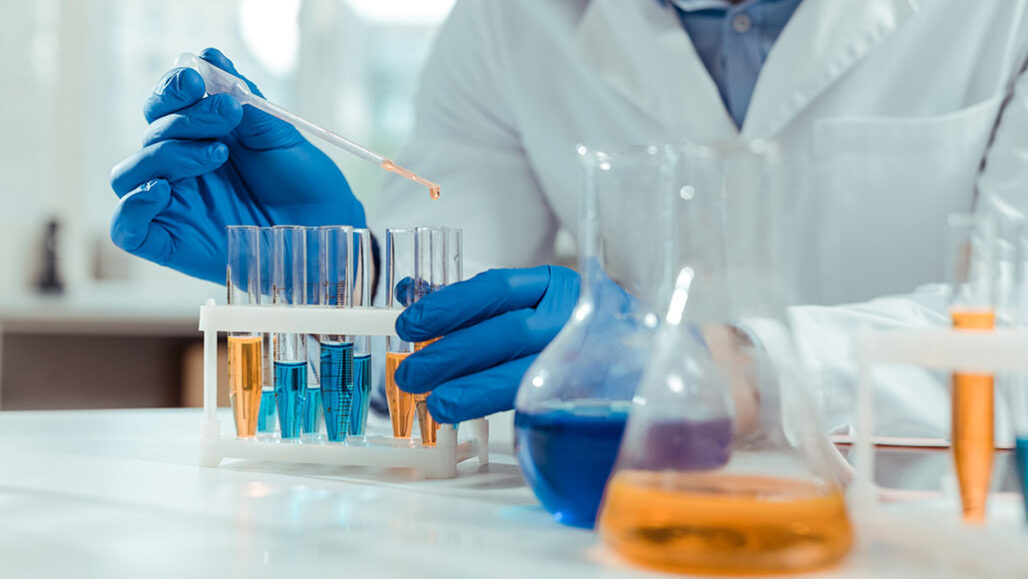Best courses after BSC in Industrial Chemistry
BSc or Bachelor Of Science in Industrial Chemistry opens up a wide variety of career opportunities for the aspirants. This program has been developed to cater the students an insight into chemistry applied in industry. BSc in industrial chemistry tends to benefit those who have a scientific inclination towards mathematical and management skills, problem-solving, organization, analysis, research, and development in chemistry.
After pursuing a BSc in Industrial Chemistry students can always go for potential job opportunities which are available in ample. One can opt for research work, bioinformatics, academia, and a lot more. Alongside, one can always do many part-time jobs to earn some extra bucks. Chemistry degree holders tend to have a vast knowledge of medical and chemical compositions, along with knowledge of scientific technology. Therefore there happens to be a profusion of potential job opportunities that pay very well in government as well as the private sector.
Several students are often in a dilemma on whether or not to apply for another course after BSc in chemistry. And even if one decides to do so, which course to do is the most confusing question which leaves students under stress. We at ITM Group of Institutions always advise students to pursue MSc in industrial chemistry Vadodara and then head out for a secure and potential job.
We provide a comprehensive range of courses in Master of Science in Industrial Chemistry after BSc in Industrial Chemistry. There are also some more specialized MSc courses that we offer. One can always opt for MSc in Industrial Chemistry Vadodara. Let's take a look at the following courses:
MSc Applied Chemistry: MSc in Applied Chemistry is a post-graduate course. Applied Chemistry is the application of the study of chemical elements and compounds to industry. Applied Chemistry allows students to illustrate their abilities as directed researchers and problem-solvers. The duration of the course is two years and the syllabus for it is divided into four semesters. This is a career-oriented course that opens several potential job opportunities after its successful completion.
MSc Inorganic Chemistry: Master of Science in Inorganic Chemistry is a two-year postgraduate course that deals with the study of chemical reactions and combinations which take place in biological processes. It is actually the study of the synthesis and behaviour of inorganic and organometallic compounds. It has several aspects in the chemistry industry including material science, catalysis.
MSc Organic Chemistry: MSc in Organic Chemistry is a post-graduate course that deals with the study of properties, structure, reactions of organic compounds. It is a two-year-long post-graduate course. The application of Organic Chemistry is found in various fields as the day-to-day products that we use are made of organic compounds.
MSc Physical Chemistry: MSc in Physical Chemistry is a two-year-long post-graduate course that studies the science of matter. The topics covered in this course are Organic chemistry, Inorganic Chemistry, Nuclear and Radioactivity, Analytical Chemistry, Computational Chemistry, Macromolecules, etc.
MSc Biochemistry: MSc in Biochemistry is a two-year postgraduate course that offers a specialization in Biochemistry. It is the study that deals with chemical processes within and relating to living organisms in Science. There are ample employment areas where you can try to get placed after the completion of this course.
There are several other courses that students can apply after completing their BSc in Industrial Chemistry.




Comments
Post a Comment